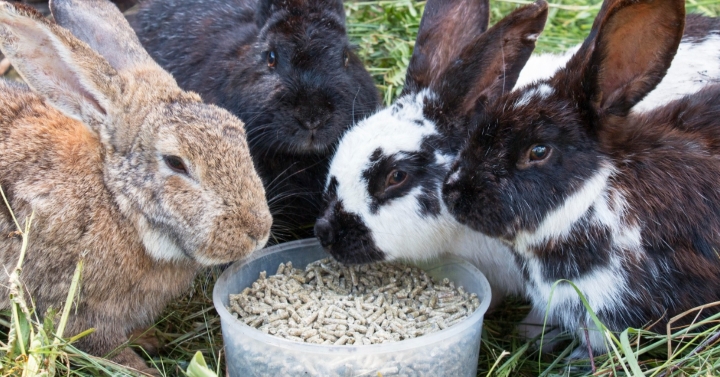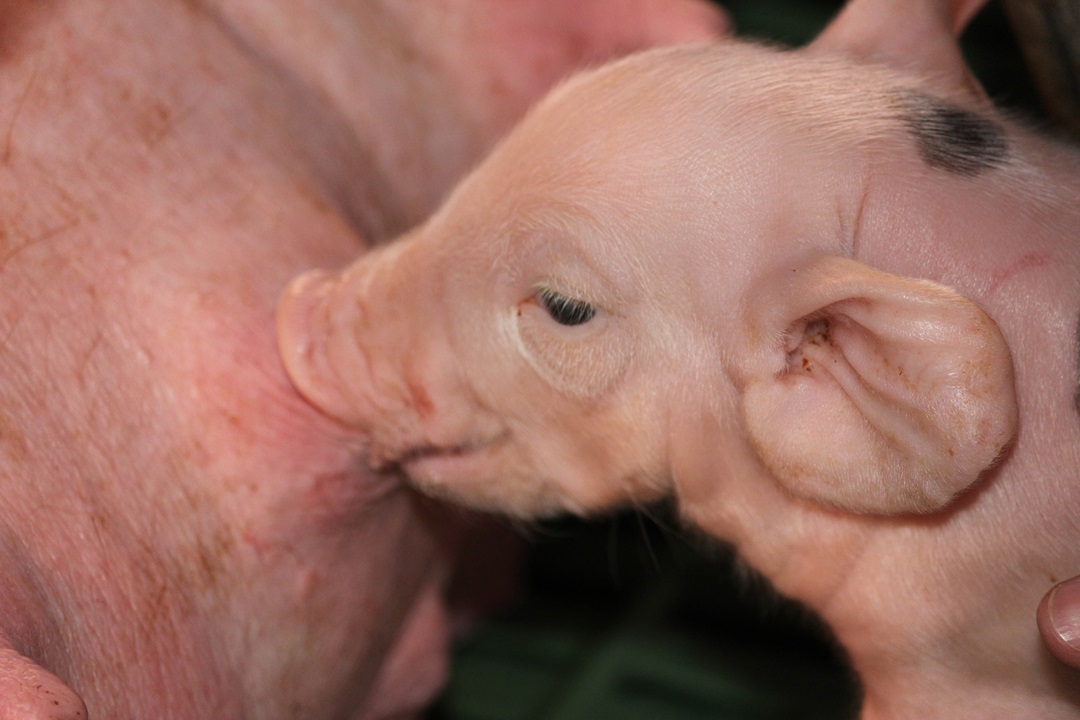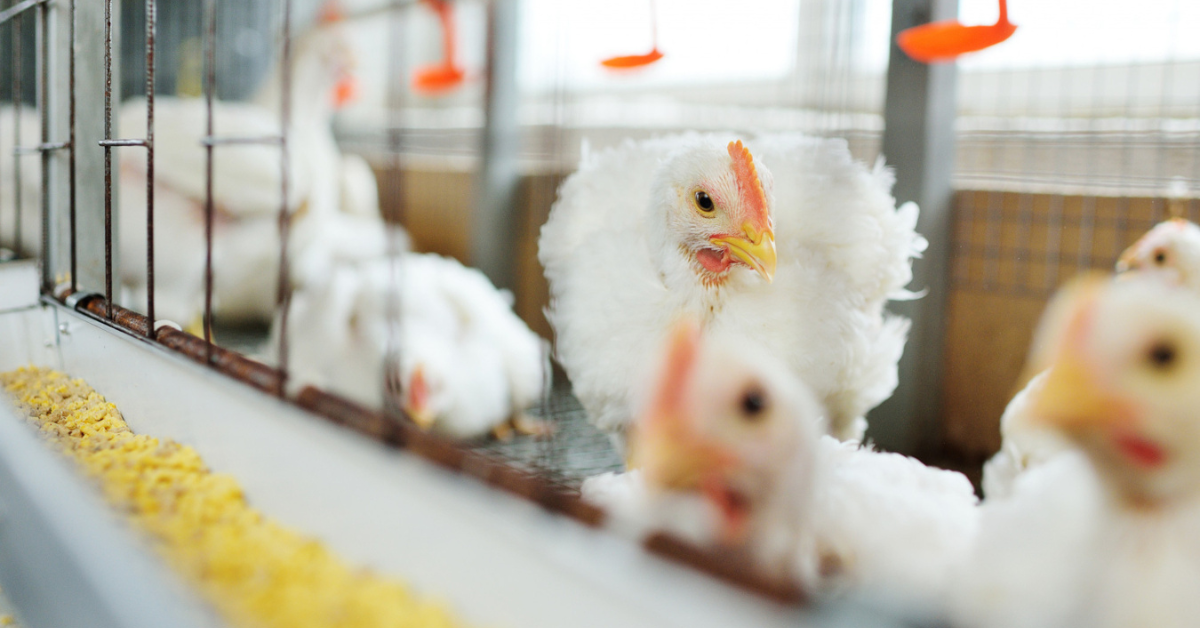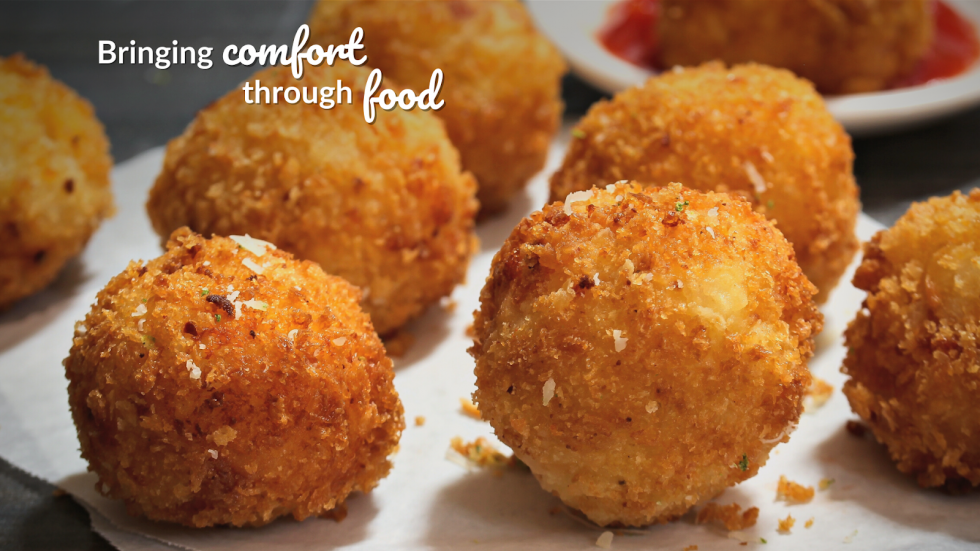
Feeding Your Rabbits: Insights Into Rabbit Feeds
When it comes to raising rabbits for commercial purposes, ensuring their dietary needs are met is crucial for their health and productivity. It’s hard to think about what rabbits eat exactly, but just like any other livestock, rabbits require a balanced and nutritious diet to thrive. This comprehensive guide delves into the world of rabbit feeding, providing valuable insights for rabbit farmers. From the foundational role of hay to the benefits of pellets, the inclusion of fresh greens, and the importance of specialty feeds, this guide covers it all to keep your commercial rabbitry in top form.
Hay—The Foundation of Rabbit Diets
Hay plays a vital role in rabbit breeding, serving as the cornerstone of commercial rabbit nutrition. High in fiber, hay not only supports healthy digestion, but also promotes proper dental health by encouraging natural chewing behaviors. Different types of hay offer various advantages. For instance, Timothy hay aids digestion, while alfalfa hay, richer in calcium, is suitable for younger rabbits. Maintaining the right balance is key; portions should match the size of the rabbits, with frequent access to hay encouraging natural grazing behaviors and preventing obesity.
Fresh Greens—Enriching the Diet
In considering what to feed rabbits, fresh greens are a valuable addition to the commercial rabbit diet. They provide essential vitamins, minerals, and hydration, contributing to overall health and well-being. Rabbit farmers can offer a range of greens, including leafy vegetables like kale, spinach, and arugula, as well as vegetables like bell peppers, carrots, and herbs such as cilantro and parsley. Moderation and variety are key when introducing new greens. Gradual adjustments help rabbits adapt to different flavors, ensuring a balanced diet.
Pellets—Essential Nutrient Sources
Within each pellet, a treasure trove of essential vitamins, minerals, and proteins awaits your rabbits. These micronutrients are not only vital for their day-to-day sustenance, but also play a pivotal role in supporting their growth, reproduction, and overall health. In essence, rabbit pellets are akin to nature’s multivitamin, tailor-made to cater to your furry charges.
However, not all pellets are created equal. When it comes to selecting the right rabbit food for your commercial rabbitry, discernment is key. Opt for high-quality rabbit pellets that are expressly formulated to cater to the specific life stage of your rabbits. This tailored approach ensures that your rabbits receive the precise balance of nutrients they need at every developmental milestone.
As a savvy rabbit farmer, it’s imperative to scrutinize the ingredients list. Quality pellets should steer clear of artificial additives and fillers that do little to bolster your rabbits’ well-being. Instead, focus on pellets that boast natural and wholesome ingredients, ones that align with your commitment to nurturing healthy and productive rabbits.
Water—Hydration Matters
Water isn’t a luxury for rabbits; it’s an absolute necessity. Adequate water intake is the linchpin of their well-being and overall productivity. As a responsible rabbit farmer, your commitment to providing this essential element can make a significant difference in your rabbitry’s success.
Each rabbit should consume a minimum of 50-150 milliliters of water per kilogram of body weight daily. This rule serves as a valuable guideline to gauge your rabbits’ hydration needs. Keep a watchful eye on their water consumption, as it’s an indicator of their health and the environmental conditions they are exposed to.
To ensure that your rabbits remain well-hydrated, it’s imperative to offer water in sturdy and tip-proof containers. Rabbits can be curious creatures, and their inquisitiveness might lead to spillage or contamination of their water source. By using durable containers, you can minimize water wastage and maintain a clean supply.
Daily checks and refills are a non-negotiable routine, especially during warm weather when water can evaporate more rapidly. The scorching sun and high temperatures can cause rabbits to become dehydrated quickly, posing significant risks to their health. By proactively monitoring and replenishing their water containers, you are safeguarding their well-being and ensuring they remain content and productive.
Specialty Feeds—Addressing Specific Needs
Just like humans, rabbits have unique dietary requirements at different life stages, and this is where specialty feeds come into play. Consider rabbit food products like Pilmico’s Kunemax, a rabbit feed designed to cover every growth phase, from breeders to growers. Kunemax offers comprehensive nutritional support, promoting better gut health, immunity, faster growth, optimal production, and effective odor control. It’s essential to consider specialty feeds when rabbits have specific nutritional requirements based on their life stage, ensuring their health and productivity.
Nurturing Your Rabbit’s Health Through Nutrition
As a commercial rabbit farmer, a well-balanced diet isn’t merely a choice; it’s a crucial factor for your rabbits’ vitality and productivity. While this guide has covered the essentials, remember that every rabbit is unique. Consulting with a veterinarian is key to creating a personalized feeding plan that caters to your rabbits’ specific needs. As you provide hay, fresh greens, pellets, and specialty feeds, envision your rabbits thriving, their health and productivity soaring, and your commercial rabbitry prospering. Here’s to healthy and productive hoppers and successful rabbit farming!
Sources:
- Rabbit Production, Pennstate Extension
- The Guide to Raising and Breeding Rabbits for Meat, Mother Earth



